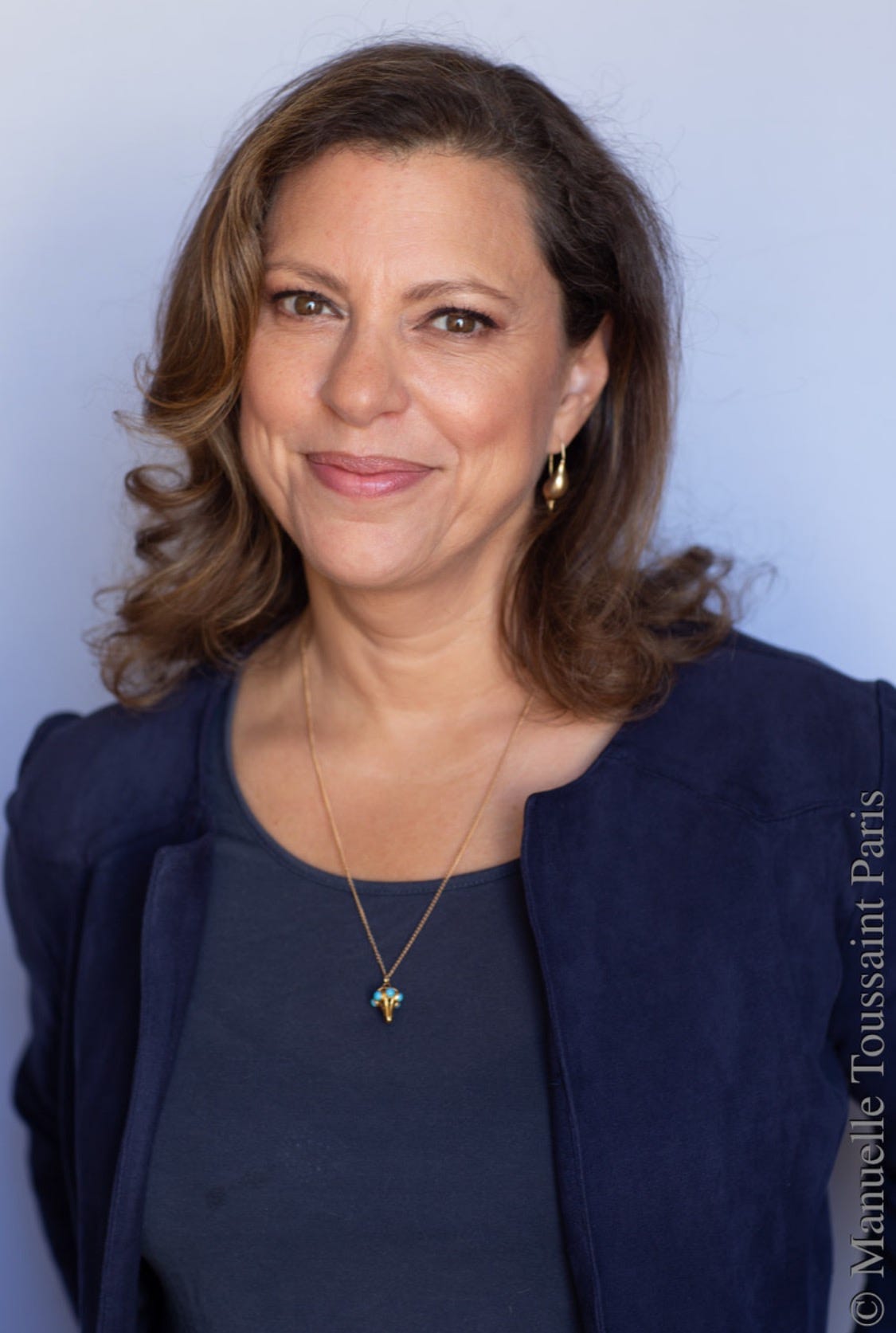Leaving America Questionnaire #10
Monique El-Faizy, journalist & author, 10th arrondissement
What drives Americans to leave home and settle elsewhere? That question has been on my mind for many years. This series, Leaving America, seeks to uncover the multitude of reasons and lessons learned—beginning with Americans in Paris. Become a paid subscriber to access this newsletter’s archives!
It was an essay published a decade ago in Cosmopolitan o…



